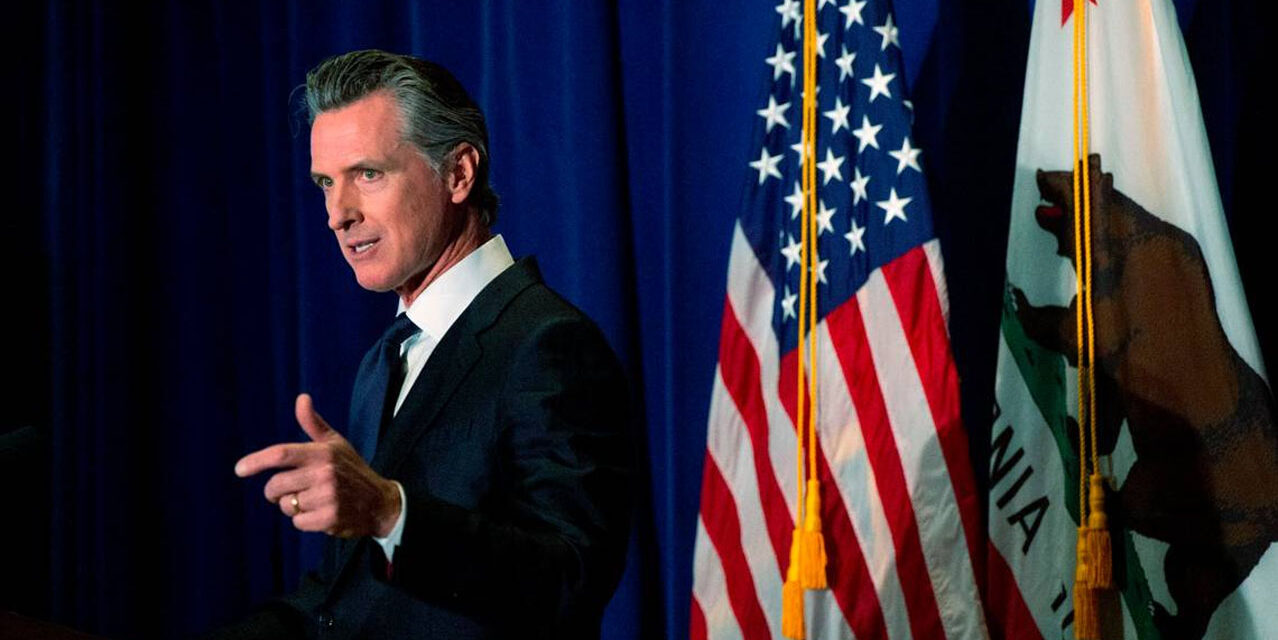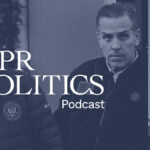
California Rethinks its Ridiculous, Ineffective Anti-LGBTQ Travel Ban

When California announced a state-funded travel ban in 2016, it was a bold move aimed at states which had passed laws discriminating against the LGBTQ community. This decision meant that California would refuse to fund any official travel to states it considered to have discriminatory practices. Fast forward to today, and this list has ballooned to 26 states, making it challenging for many professionals, from university researchers to state workers, to conduct business in over half the country.
Understanding the Law’s Origins
The inception of this travel ban was in direct response to North Carolina’s “bathroom bill,” which forbade transgender individuals from using public restrooms corresponding with their gender identity. California’s stance was clear: any state that discriminated on the grounds of gender identity or sexual orientation would not receive any official visits funded by the Golden State.
However, as more states introduced laws limiting rights for the LGBTQ community—like restricting gender-affirming healthcare for transgender people or banning certain individuals from sports teams—the no-travel list grew. In fact, this year alone has seen over 560 anti-trans measures introduced across the U.S.
Questioning the Law’s Efficacy
Despite its good intentions, the ban has been met with growing skepticism. State Senator Toni Atkins, the first openly gay leader of the state Senate, believes the travel restriction has unintended economic consequences and hinders the very exchange of ideas that could counteract anti-LGBTQ sentiments.
Atkins advocates for a shift in strategy. Instead of isolating states with discriminatory laws, she proposes an outreach campaign. This initiative would promote pro-LGBTQ messages through mediums like television and highway billboards, targeting those very states that California once shunned.
Unintended Consequences
One significant repercussion of the travel ban is the challenge it poses to academic pursuits. For example, a historian from San Francisco State University faced reimbursement issues after conducting research in North Carolina. Similarly, the ban also complicates athletic schedules, with state-funded teams having to find alternative funding for matches in the banned states.
While some argue the ban did exert economic pressure on states with discriminatory laws, others, like Wit Tuttell of Visit North Carolina, highlight the negative impact on their state’s economy. Notably, even after North Carolina repealed its controversial House Bill 2, it remained on California’s no-travel list.
Today, a debate rages on the ban’s effectiveness. Some argue it’s too soon to measure its full impact, while others, including Atkins, believe a new approach is needed—one of outreach and education.
It’s a cautionary tale of how attempts to push a particular agenda can spiral into unintended consequences. When states try to impose their values on others through punitive measures, it often leads to a fractured national dialogue, stymies the free exchange of ideas, and impedes progress. California’s attempt to leverage its economic prowess to enforce its liberal ideals upon other states proved not only to be counterproductive but also showcased the pitfalls of such an approach. As history has repeatedly shown, true change stems from understanding, dialogue, and collaboration, rather than coercion and isolation. The lesson here isn’t merely about the nuances of policy, but rather about the dangers of letting ideological zeal overshadow practical wisdom.
























I wanted to bust this one, but it is spot on and very troubling.
They make a law basically to blockade business from anti-equality states with laws against L-s, to be a shining light on the hill of equality, to put their money where their mouth is, to vote with their wallets.
Then more states pass laws
So, now, faced with economic difficulties because of that, they want to give up because of their wallets.
CA has the highest GPD n the nation, one and a half times second place TX and with NY — make up a third of the nation’s product. If they can’t vote with their wallet, no one can. Economic blockades are most often bad, one should give heavy thought to doing so. But once you have, to back down in seven years pretty much says it was a suck idea to begin with. Suck because there were loopholes, lots of them, and it was only public dollars, not the entire economy.
Sadder yet is the rationale that talking is better than dollars so CA is going to put up signs, run ads, —- I am serious. It’s the “don’t hate gays” CA road show ——- I can see where that’s going to go big in Oklahoma……
Just tell the truth, it was a good idea, implemented poorly, and now we’re’ going to stop it and move on. Don’t pay for “love your gay” signs in Arkansas. You lost, it’s your fault, let it go.
Gotta love those California crazies though, don’t ya.
Come on out of the closet frank